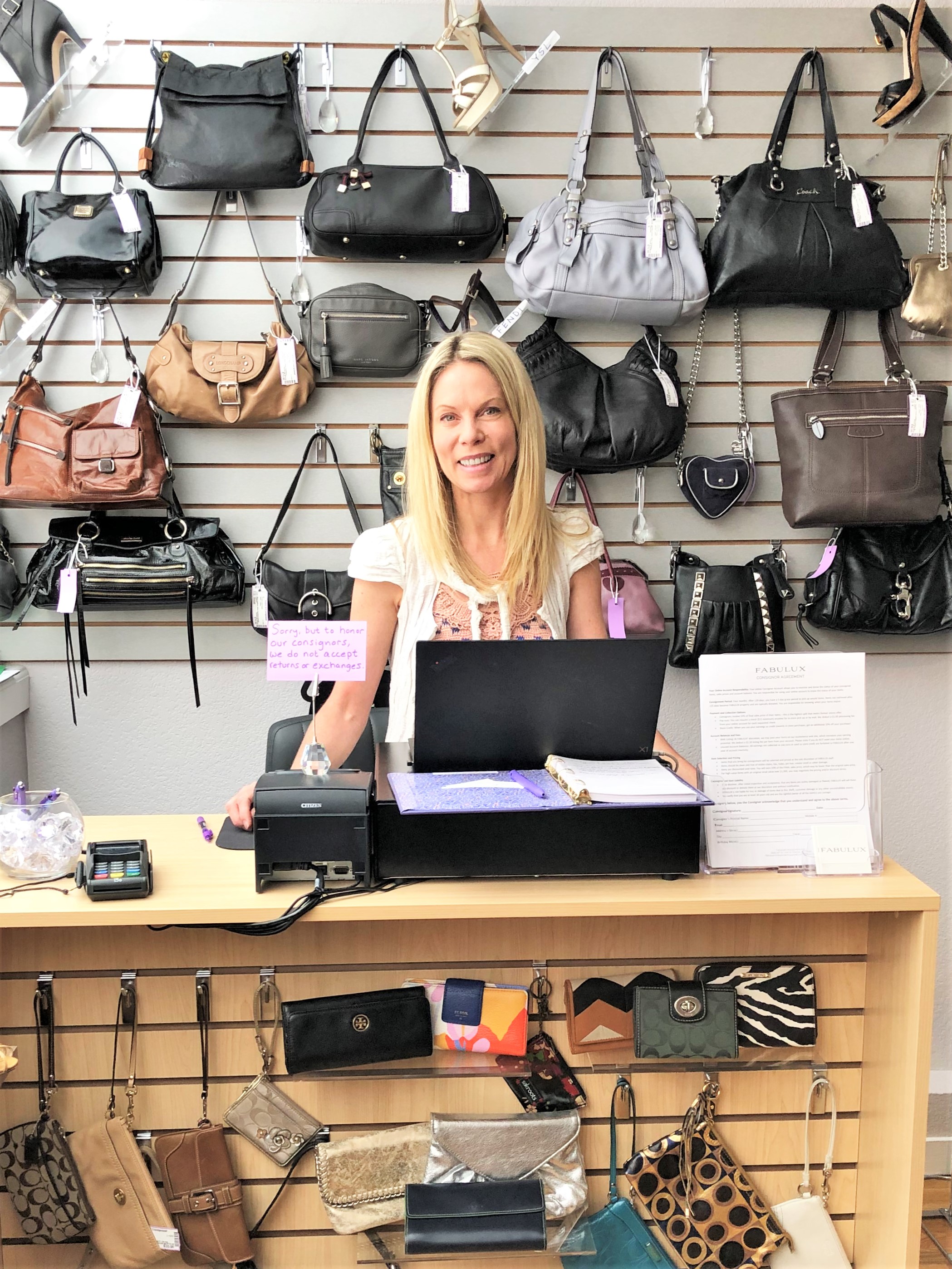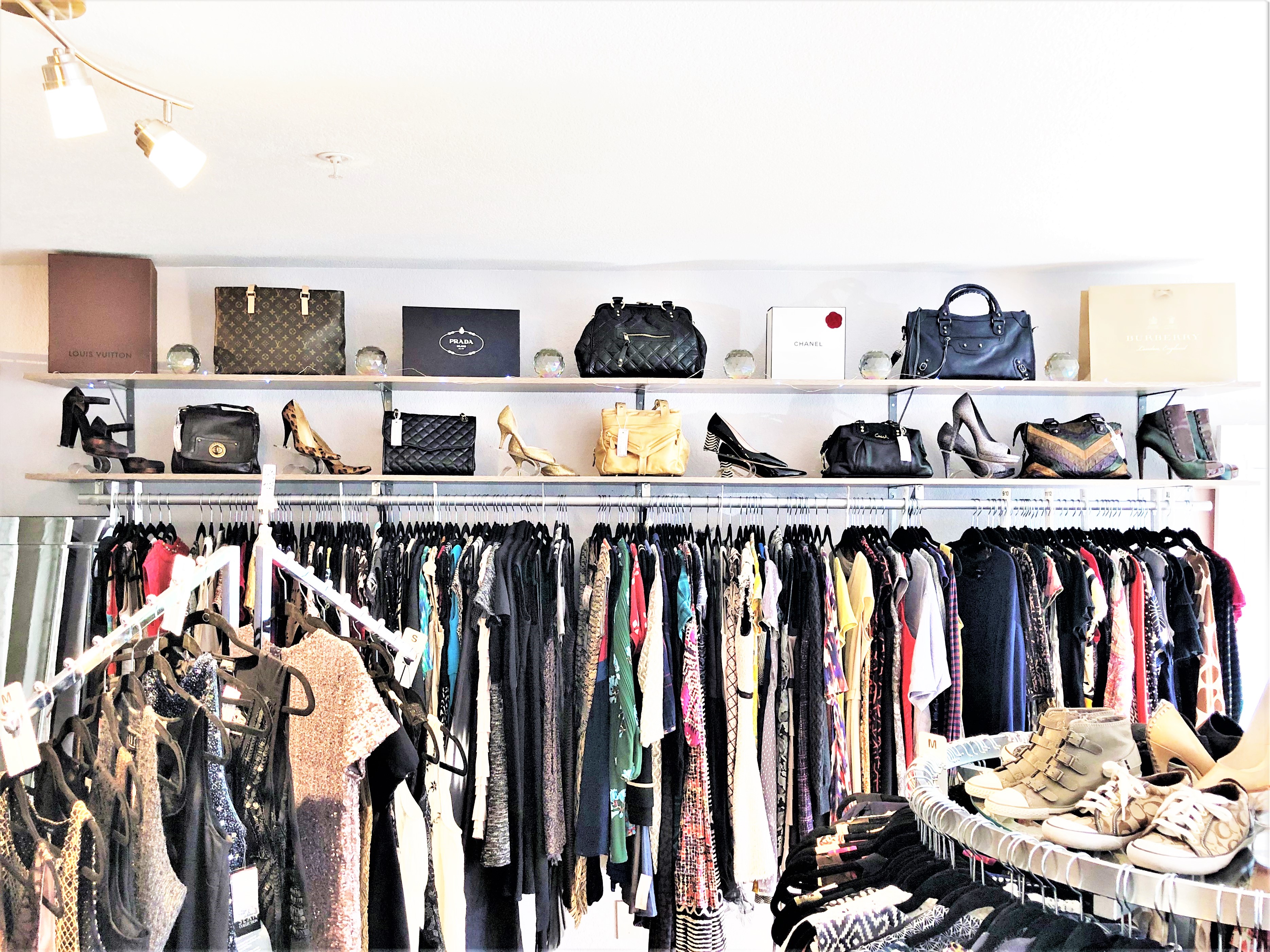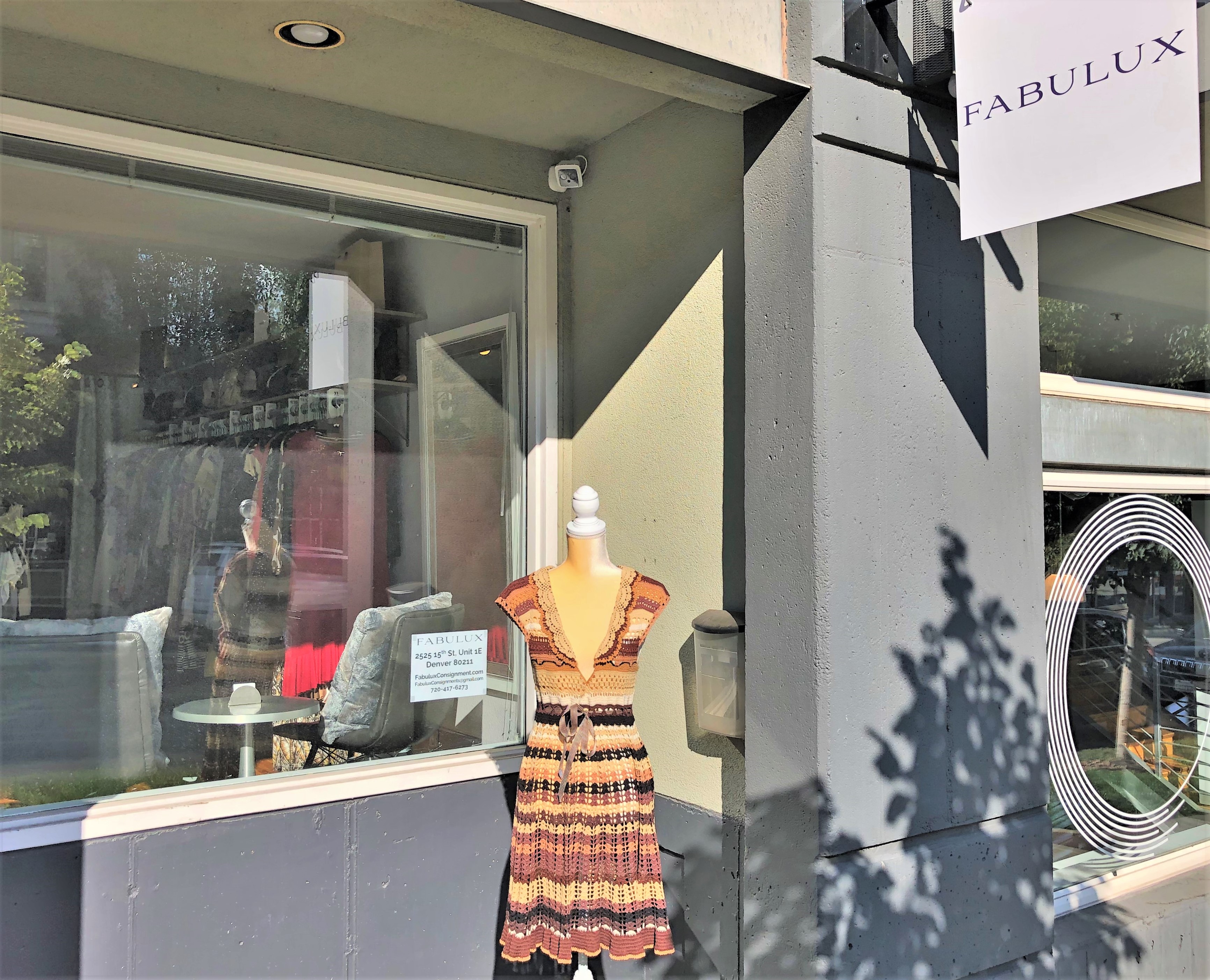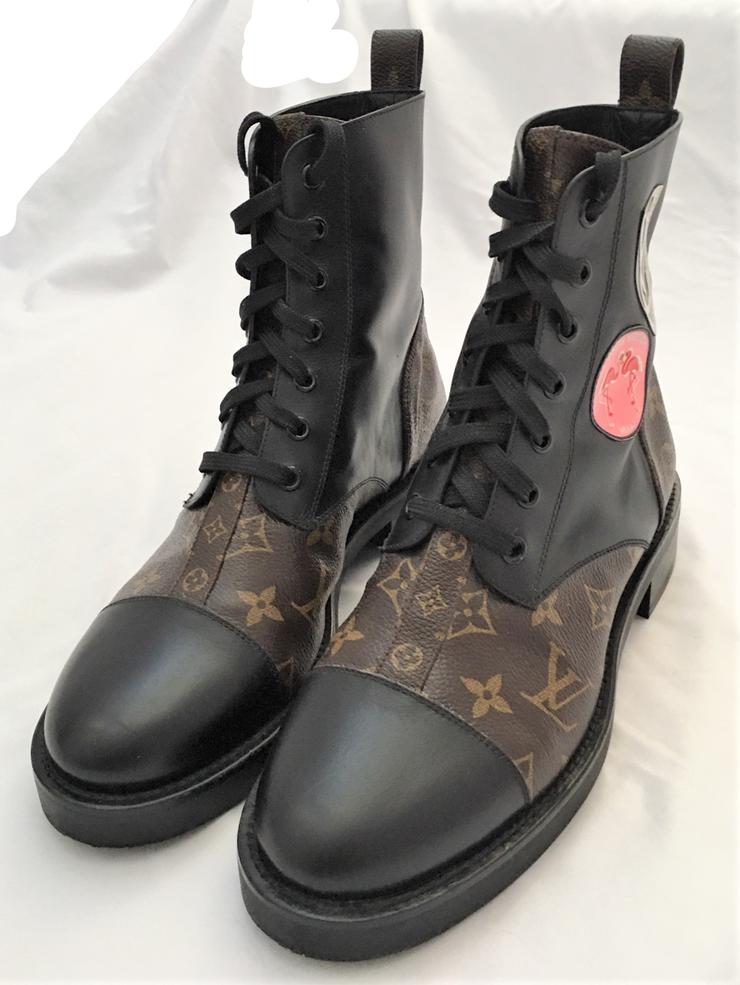What was once an in-person shopping experience featuring high-end and designer items is now almost completely virtual. Heather Gallien had Fabulux Consignment up and running in the Lower Highland neighborhood of Denver despite the fact that she had no previous fashion or retail store background. But when COVID-19 led to citywide shutdowns, she was forced to rethink her business model.
READ: Denver Designers Weigh In About the Future of Fashion During a Pandemic
“Unfortunately, COVID-19 forced us to close our physical shop… We had only been open for about six months so we were still very new and didn’t yet have much brand awareness in Metro Denver. The current business slowdown was too much and we could no longer afford the rent,” Gallien explained.
Gallien used the setbacks of the pandemic to her advantage, as she revamped the store’s website and marketing strategy. Her previous professional experience as a marketing director lent valuable skills to her now completely e-commerce business. Her next thoughts revolved around figuring out some short-term solutions while she adjusts. One solution was offering free local delivery within 10 miles of zip code 80113. Another of those solutions might result in a mobile fashion truck.
“Short-term options for retail shops include pop-up events and fashion trucks,” said Gallien. “I’m not a fan of pop-up events due to the logistics, and current fears about COVID-19 will reduce their attendance. I’m toying with the idea of a fashion truck to create a ‘mobile shop’ that can be parked, by permit, at large events or that can come straight to a customer’s home, allowing them to shop or even host a small ‘fashion party’ with friends.”
The concept of a mobile fashion shop isn’t new, especially in Denver. Other mobile fashion trucks in the city include Denver Fashion Truck, Patterns & Pops, Denver Street Boutique, and Seventy West — all of which were around prior to the pandemic. In 2015, this magazine profiled five different trucks to talk about the new trend. But unlike the explosive growth of food trucks in Denver, the mobile fashion truck trend didn’t take flight — back then, at least.
“The truck would allow us to reach more people and give them the tactile ability to touch and try on the clothes before buying,” Gallien explained.

Now more than ever, consumers are missing the tactile nature of shopping for clothes. With some shops limiting what customers can try, and other shops moving completely online, shopping at brick-and-mortars —and shopping overall — has become an extremely two-dimensional experience. The retail experience has not only become two-dimensional for shoppers though. Retail store owners are also longing for the in-person interactions they once used to offer.
“My favorite aspect [of the store] was meeting the new women who came into my shop. I consider many of them friends. Now that the business in online-only, I will miss the social opportunities,” said Gallien.
Gallien already had an online store set up for Fabulux, even when there was still a physical location. That gave her a step up on some retail businesses and especially other consignment stores that often do not have e-commerce sites if they have websites at all.
“We already had an online store, but now we’re working to put all of our inventory on the [website],” she explained.
In the consignment world, that is no easy task. “The consignment model is also challenging because it requires an extreme level of organizational skills and attention to detail. A store that sells new clothes orders them from the manufacturer and hangs them on the racks. In consignment, I must keep track of hundreds of consignors who collectively own thousands of items. Unlike a store that sells new clothes, every item is unique in a consignment shop. There are logistics that are much more demanding than in retail stores,” said Gallien.
But, even with the pandemic and the setbacks that were out of her control, Gallien still is looking ahead for Fabulux. She sees the possibility of operating a nationwide website for consignment clothes and notes that what really motivates her is her “love of creating original style from many sources” and reusing “perfectly good clothing” which reduces environmental waste. Gallien also understands that any time a new business is started from scratch, there’s risk.
“Starting a business in any industry requires a thousand times more effort and persistence than people imagine, and there are big stresses. It’s not for everyone,” commented Gallien. “But I’m willing to take the risks in order to have the satisfaction of building a business that is the result of my vision, my decisions and is under my control.”
Until the circumstances surrounding Gallien’s brick-and-mortar store are more under her control, she will continue to work on her website and other solutions to the shutdown. And in the meantime, she asks that people shop locally.
“Many of us are under financial constraints due to COVID-19, but if you have discretionary income, go to Fabulux’s website (or any local independent-clothing boutique of your choice) and buy something. Sounds crass, but the best way to help is to buy something, and if you like the experience, tell all your friends about the store,” she said.
All photography provided by Heather Gallien








